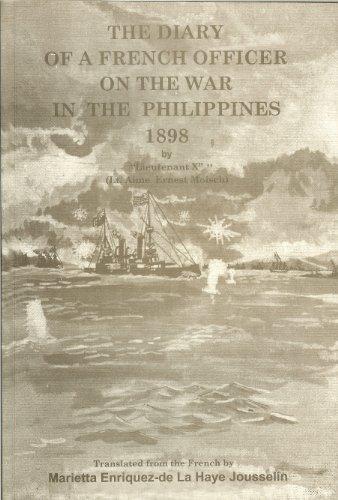In the fields
The weather has been delightful the past few days. Beneath the huge trees and their thick foliage, the mornings are rather pleasant. The massive branches of the coconut trees intertwine with those of the palm trees. Under the blazing sun, the ricefields resemble a moving sea of silvery green. The gold and emerald beetles, the brilliantly colored hummingbirds, and the flowers in full bloom all vibrate before our eyes like precious stones floating everywhere around us.
The Tagals are resuming work in the fields. Many are tilling the ground using carabaos, their beats of burden, with their huge inverted horns and rings through their nostrils, to pull their primitive carts. Along the road, the Indians are pounding rice or tending to their animals. The peasants have a happy glow in their faces as they peacefully carry on with their daily chores.
When I visited the village of Mandaluyong, the guide given to me by the mayor did not hide his disdain for the Americans, nor did he give any explanation for his compatriots’ error when they received Admiral Dewey in Cavite, but he obviously bore a grudge against Aguinaldo. He simply could not understand why the Filipinos were not free to govern their own country. There was a certain decisiveness in his voice as he soberly explained the turn of events. I would say that an eloquent speaker like him could have come from New York or anywhere else in the world. He proudly announced that the Spaniards suffered more fatalities than the insurgents, a fact later confirmed by the Americans camped outside Manila. I am convinced that only minor losses were sustained on both sides and that, strictly speaking, there was neither a battle nor a war.
On other excursions to Caloocan, Malabon, and San Juan del Monte, we witnessed the same renewal of activity in the fields. The huts which were once abandoned are returning to life, and people are calmly and peacefully building new ones.
A group of officers from B________ used a vedette boat to go up the Pasig. In a small town, a genteel mestizo family graciously received these strangers.
These people, Filipinos to the very core of their being, abhorred the Spanish domination, particularly the frailes, but expressed their genuine respect for the queen of Spain and the young, unfortunate king whom they did not hold responsible for their situation.
